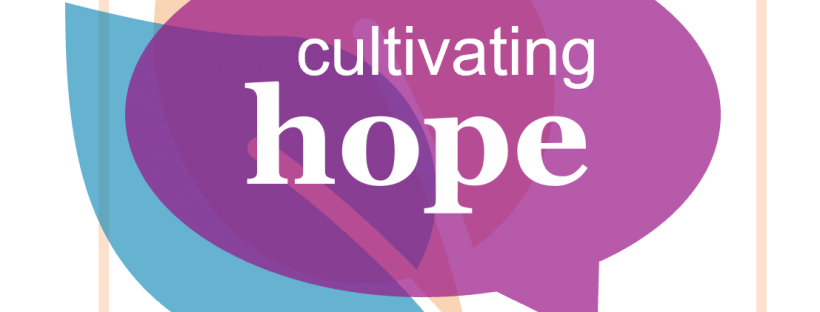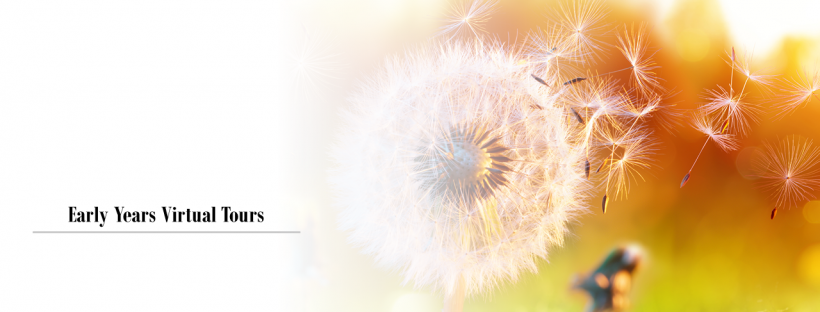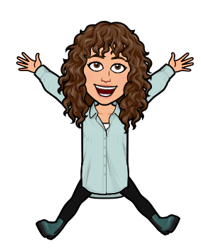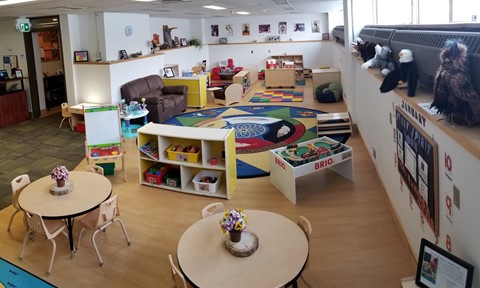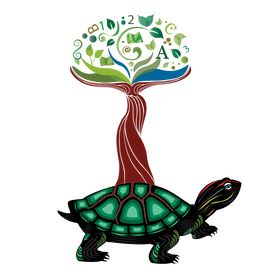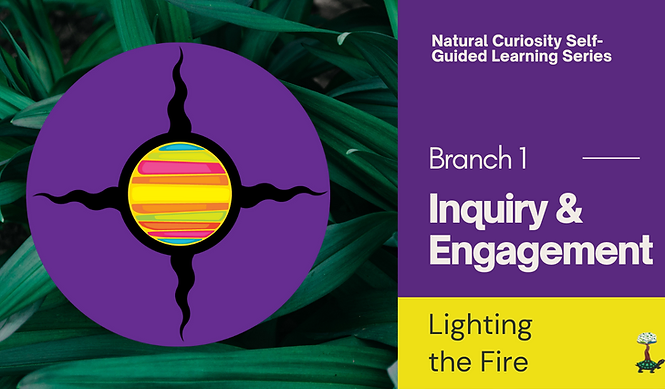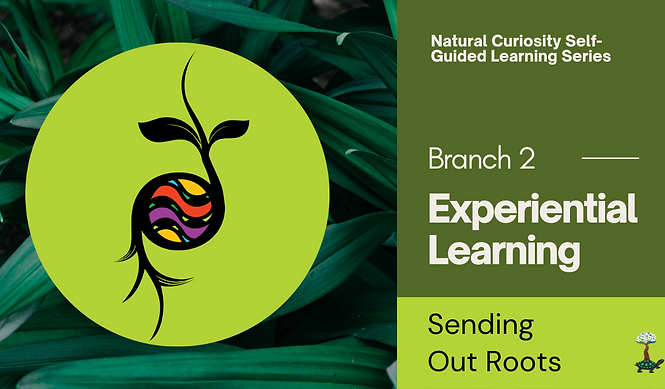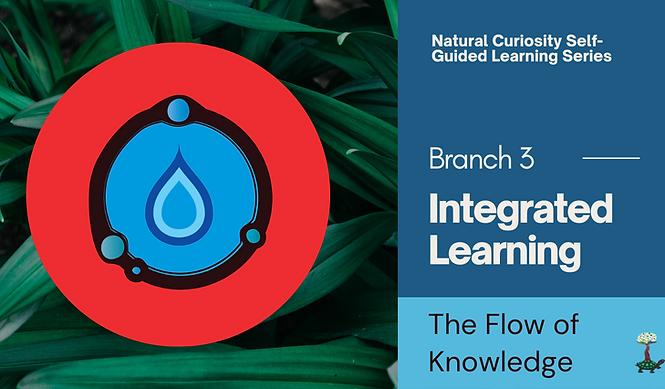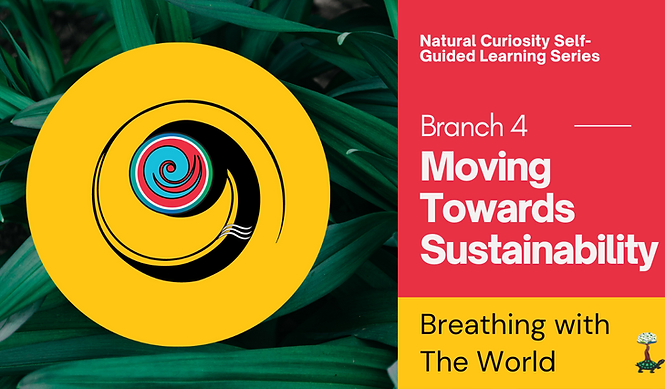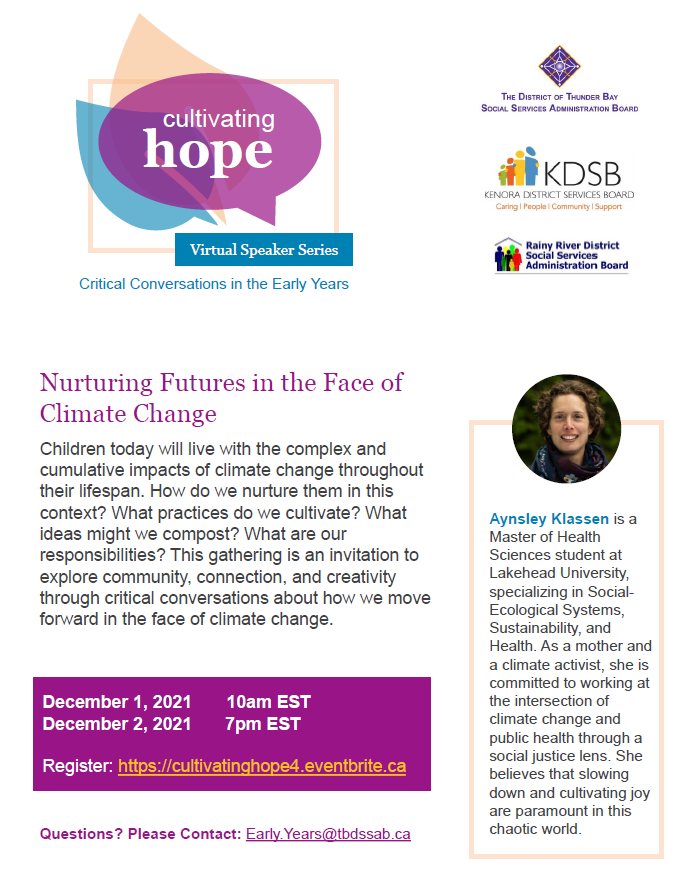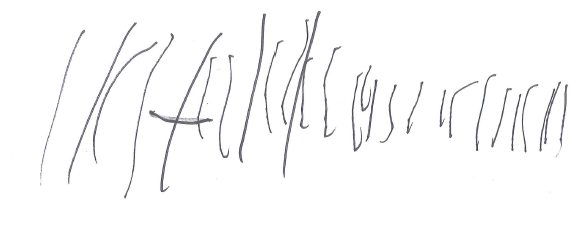We had a wonderful conversation last week about pedagogical documentation. Three educators joined us who each play a different role in our community – one educator in child care, one supervisor of a before and after school program, and one EarlyON coordinator. This diversity of experience made for a unique dialogue and the opportunity to share different perspectives. We all read the article, Curiosity, Curriculum, and Collaboration Entwined: Reflections on Pedagogical Documentationby Pat Tarr.
As we discussed the article, an interesting dialogue came up around interrupting children’s play. Traditionally, we have been taught to ask children open-ended questions – “what are you building?” “what do you think will happen when you stack another block on top?” We felt that this can sometimes interrupt and change the direction of children’s play, and we agreed that we should be thoughtful in deciding when is a good time to enter children’s play and ask questions. It was said that we need to give ourselves permission to take a step back and observe more.
As the conversation continued, we began thinking about how educators pick and choose what they feel is worth documenting. Tarr (2010) states in the article that “what we choose to document reveals and reflects back to us what we consider important, as well as help us to see ourselves as educators within the educational relationship” (p. 12). This conversation reminded some of us about another article by Pat Tarr that talked about ethics and biases in pedagogical documentation. We shared mixed feelings about this article, and some of us plan to dig a little deeper to decide if or how the information fits with our practice. You can access the article here: Reflections and Shadows: Ethical Issues in Pedagogical Documentation,.
Finally, one of the educators bravely shared her documentation with us. She wondered, “is this documentation?” There isn’t one right way to document children’s learning; taking time to practice documenting and experimenting with different techniques can help educators to feel more confident. We discussed our questions and curiosities about this documentation, and a new idea was shared about “stories from home” (Hedges, 2010). Essentially, “stories from home” is a form that goes home for families to fill out and share a story that took place with their child outside of the early learning setting – it’s getting the families to document!! We discussed that this would be a great way of getting to know children and families better, and building stronger connections between, for example, child care and home.
Let us know what you think about these ideas or about the articles provided in the chat below.
References
Hedges, H. (2010). Blurring the boundaries: Connecting research, practice and professional learning. Cambridge Journal of Education, 40(3), 299-314. http://dx.doi.org/10.1080/0305764X.2010.502884
Tarr, P. (2010). Curiosity, curriculum, and collaboration entwined: Reflections on pedagogical documentation. Canadian Children, 35(2), 10-14.
Tarr, P. (2011). Reflections and shadows: Ethical issues in pedagogical documentation. Canadian Children, 36(2), 11-16.

